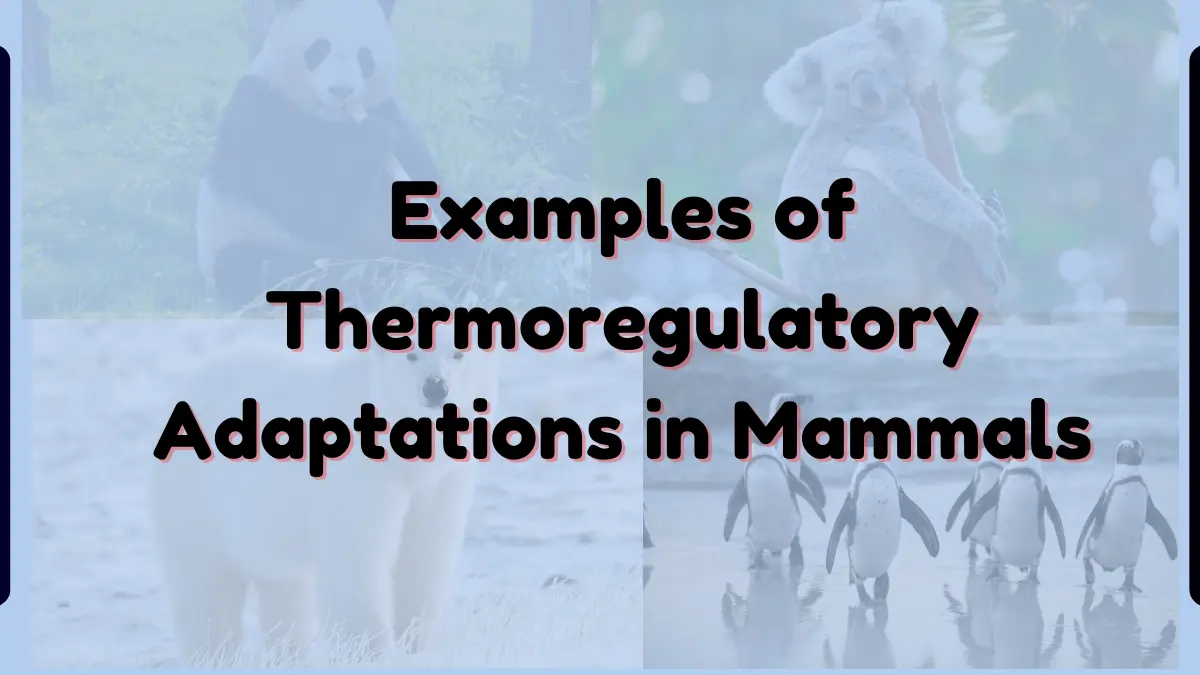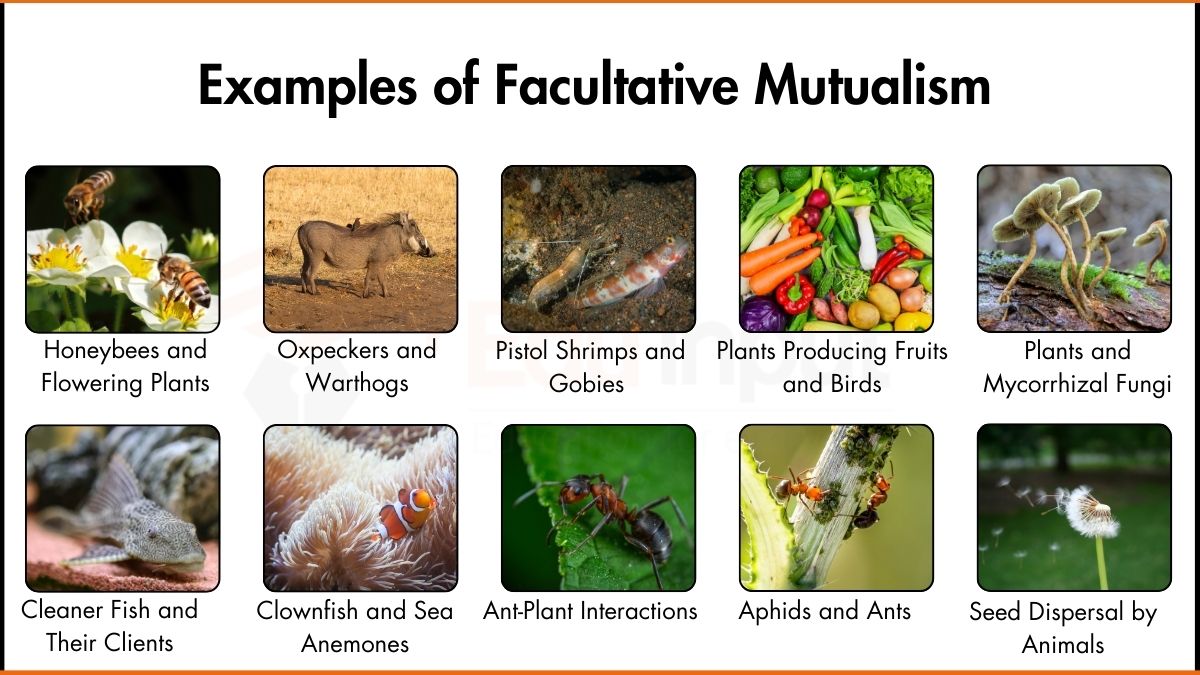5 Examples of Deductive Reasoning in Biological Method
Deductive reasoning is a method of reasoning in which a specific conclusion is drawn from general observations.

Also learn Examples of inductive Reasoning
Examples of Deductive Reasoning
Here are few examples of inductive reasoning in Biological method:
Example 1
A biologist knows that all mammals have hair. She observes a creature that has hair. She concludes that the creature is a mammal.
This is an example of deductive reasoning because it is based on two premises: (1) all mammals have hair, and (2) the creature has hair. The conclusion follows logically from the premises.
Example 2
A doctor knows that a certain virus causes a particular disease. A patient shows symptoms of the disease. The doctor concludes that the patient has the virus.
This is another example of deductive reasoning. The doctor is using her knowledge of the disease to make a diagnosis about the patient. The diagnosis is not guaranteed to be correct, but it is the most likely explanation given the evidence.
Example 3
A plant breeder knows that a particular gene is responsible for a certain flower color. She crosses two plants, each of which has the gene for the desired flower color. She expects that the offspring will all have the desired flower color.
This is an example of deductive reasoning in the context of genetics. The plant breeder is using her knowledge of genetics to make a prediction about the offspring of the two plants. The prediction is based on the assumption that the gene for flower color is dominant.
Example 4
A scientist knows that a certain chemical is toxic to insects. She sprays a crop with the chemical to control an insect infestation. She expects that the insects will die.
This is an example of deductive reasoning in the context of pest control. The scientist is using her knowledge of the chemical to make a prediction about the outcome of her experiment. The prediction is based on the assumption that the chemical is toxic to insects.
Example 5
A zoologist knows that a particular species of bird migrates south for the winter. She observes that the birds have begun to gather in flocks. She concludes that the birds are preparing to migrate.
This is an example of deductive reasoning in the context of animal behavior. The zoologist is using her knowledge of the bird’s behavior to make a prediction about its future actions. The prediction is based on the assumption that the bird will follow its usual pattern of migration.





Leave a Reply